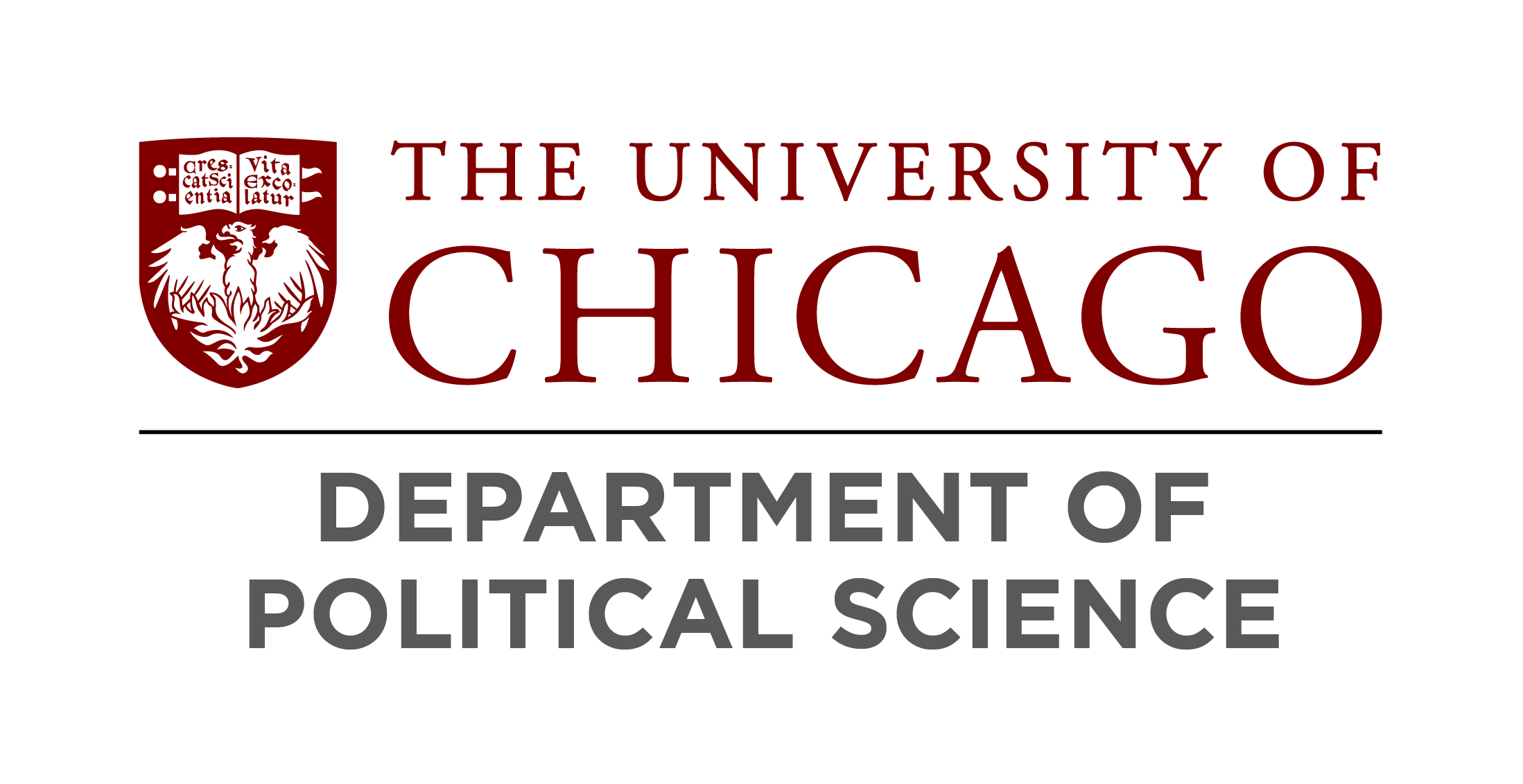International Relations
Guidelines effective July 1, 2017
The IR Qualifying Exam aims to test students’ general knowledge of the subfield and their ability to effectively analyze it. The exam will be offered annually, at the beginning of the Fall term. Students who do not pass during the September exam date will be given the opportunity for a retake in December of the same year.
This exam occurs over two days. Students will be asked to answer a total of three questions.
On the first day, the student is asked a broad general question that deals with important issues in IR theory. The student will choose among two questions, and have 8 hours to complete and return the exam. This answer should be between 2,000 and 3,500 words in length including footnotes but not bibliography, diagrams or tables.
On the second day, students will answer two questions, one on security, the other on international political economy. Within each of these two substantive areas, the student can choose one of two questions. The student will have 8 hours to complete and return the exam. Each answer should be between 1,000 and 1,750 words in length including footnotes but not bibliography, diagrams or tables.
Completed answers should be returned to the exam administrator (delivery by e-mail attachment can be arranged.) Essays should be type-written, double-spaced, in 12 point font. While students are free to consult any written source, they are not free to consult other exam-takers or anyone else. The text of the exam should be original with no copying or cutting and pasting of material that has been previously prepared. Standard rules of plagiarism apply.
Faculty will not provide or curate a formal list. Instead, students are very strongly encouraged to take courses along a broad range of topics and among the full array of IR faculty. This will provide a strong basis for further independent reading. We particularly encourage students to familiarize themselves with the prior 2-3 years of articles in major journals to become conversant with contemporary debates, in addition to important older research.
We encourage students to collaborate in preparing for the exam provided that all collaboration ceases entirely during the exam itself.
Relevant courses that have recently been offered, and are likely to be offered in the near future, include:
- Seminar on Nationalism in the Age of Globalization (Mearsheimer/Theory)
- Seminar on Great Power Politics (Mearsheimer/Theory)
- War & the Nation-State (Mearsheimer/Theory)
- International Political Economy (Gulotty/IPE)
- Civil War (Staniland/Security)
- International Relations Theory (Carson or Pape/Theory)
- International Security Affairs (Pape/Security)
- Militant Power Politics (Pape/Security)
- Recent Debates in International Relations (Carson/Theory)
- Political Economy of Security (Poast/IPE and Security)
- Quantitative Security (Poast/Security)
Students will be assessed on whether they answered the question in a clear analytical essay that also shows knowledge of relevant literature. The possible grades are Honors/Pass/Fail. If a student fails any single question, he or she must retake the entire exam.
Each academic year, two faculty members will form the grading committee (one of whom is the Field Convener for that AY). They will consult the subfield’s course syllabi over the previous two years, past exams, and important enduring issues in the literature to generate questions. The exam will be sent to the rest of the IR faculty 10 days before the exam, with feedback requested within 5 days. The committee will return the grades to students within a reasonable timeframe. Only when there are significant disagreements within the committee will the rest of the faculty be consulted on grades.
If a student fails to pass the entire exam in two attempts, their retention in the Ph.D. program will be under review.
One of the Field Convener’s main tasks is to provide information to students about the exam. This should be students’ primary point of contact when inquiring about the exam, though of course discussion with other faculty in the subfield is always welcome.
 THE UNIVERSITY OF CHICAGO
THE UNIVERSITY OF CHICAGO

